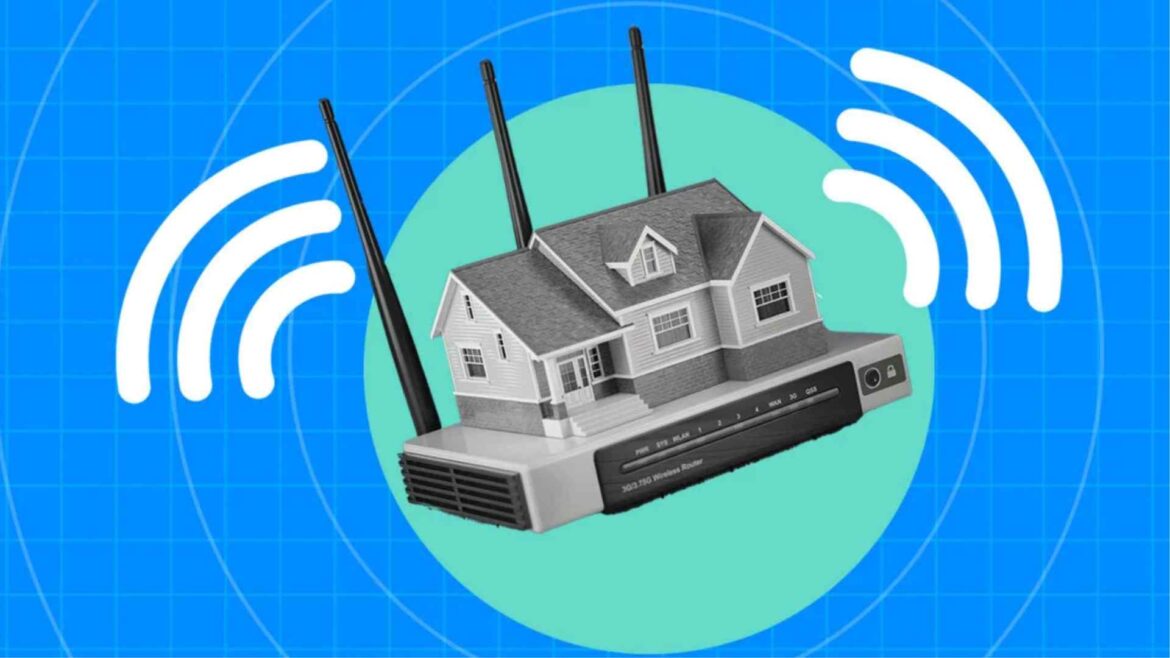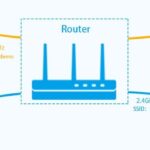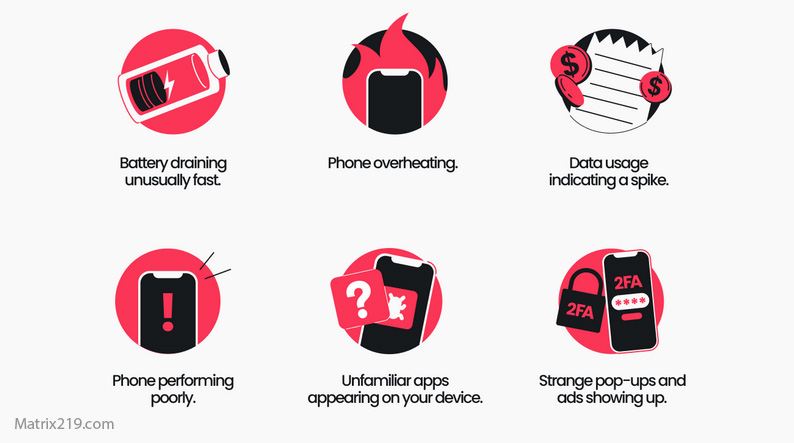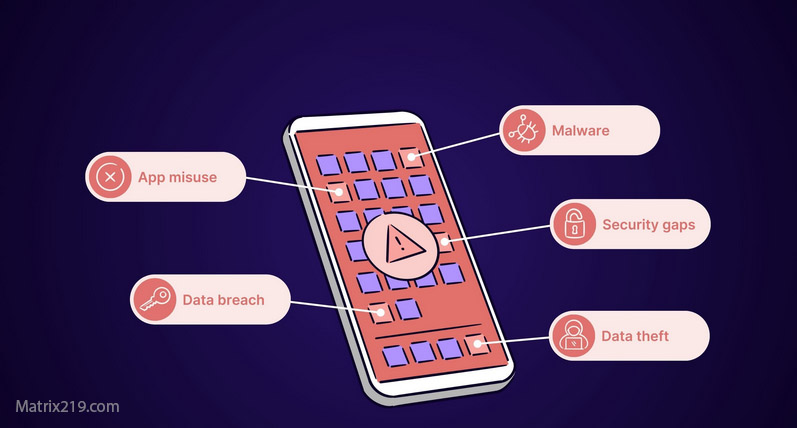What Is Home Network Security?
Home network security refers to the measures and practices that protect your internet-connected devices and Wi-Fi network from unauthorized access, cyberattacks, and data theft. As more households rely on smart devices, computers, and online services, ensuring strong network security has become critical to safeguarding privacy and sensitive information.
Why Is Home Network Security Important?
A vulnerable home network can expose you to identity theft, financial fraud, and data breaches. Cybercriminals often target unsecured networks to steal passwords, install malware, or gain access to devices. Strong security not only protects personal data but also keeps smart home devices—from security cameras to thermostats—safe from being hacked.
Common Threats to Home Networks
1. Unauthorized Access
Hackers may attempt to connect to your Wi-Fi using weak or default passwords.
2. Malware and Viruses
Infected downloads or phishing attacks can spread malware across connected devices.
3. Data Theft
Unencrypted data transmitted over unsecured networks can be intercepted.
4. Botnet Attacks
Cybercriminals may hijack smart devices and use them in large-scale cyberattacks.
Best Practices to Improve Home Network Security
Secure Your Wi-Fi Network
-
Change Default Credentials: Always update the default username and password of your router.
-
Enable WPA3 or WPA2 Encryption: Encryption ensures that only authorized users can connect.
-
Hide SSID: Consider disabling SSID broadcasting to make your network less visible.
Update Router Firmware Regularly
Manufacturers release updates to fix vulnerabilities. Set your router to update automatically, if possible.
Use Strong Passwords and Authentication
-
Create long, unique passwords for Wi-Fi and devices.
-
Enable two-factor authentication (2FA) where available.
Set Up a Guest Network
Isolate visitors on a separate guest network so they cannot access your main devices or sensitive data.
Disable Remote Management
Turn off router remote access features unless absolutely necessary to prevent external tampering.
Protecting Smart Home Devices
Regular Updates
Keep smart TVs, cameras, and IoT devices updated with the latest patches.
Limit Device Permissions
Only grant the necessary permissions to apps and connected devices.
Use Firewalls
Enable your router’s built-in firewall and consider a dedicated firewall device for advanced protection.
Additional Tips for Safer Online Use
Use a VPN (Virtual Private Network)
A VPN encrypts internet traffic, making it harder for attackers to track or intercept data.
Monitor Connected Devices
Regularly check your router’s dashboard to identify unfamiliar devices.
Educate Family Members
Teach everyone in the household about phishing emails, suspicious links, and safe browsing habits.
Conclusion: Staying Safe at Home
Home network security is no longer optional—it’s a necessity. By taking steps such as using strong passwords, enabling encryption, updating devices, and isolating guest access, you can significantly reduce risks. Remember, a secure home network protects not just your devices but also your personal identity, finances, and peace of mind.





